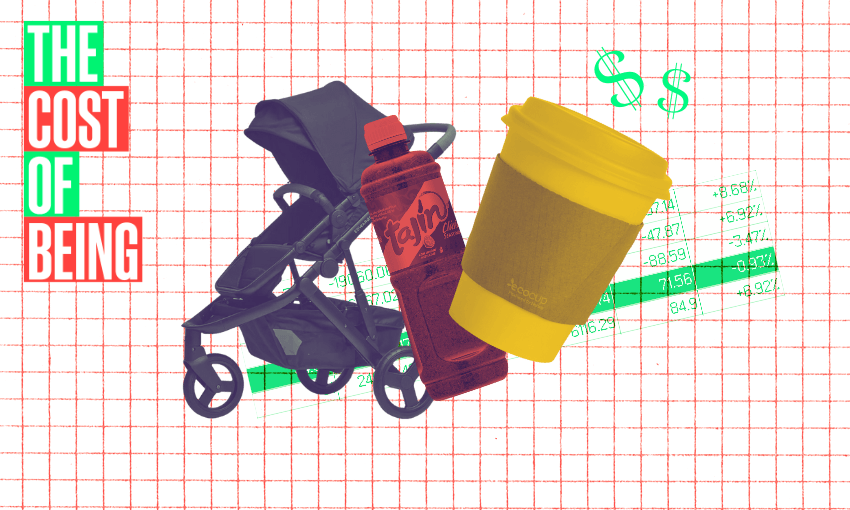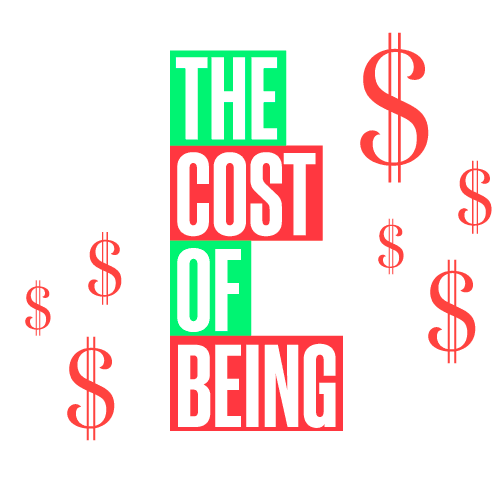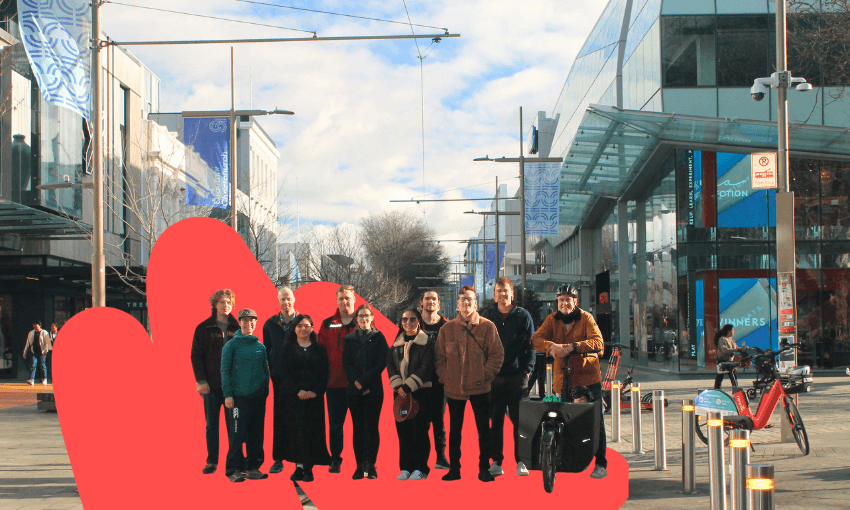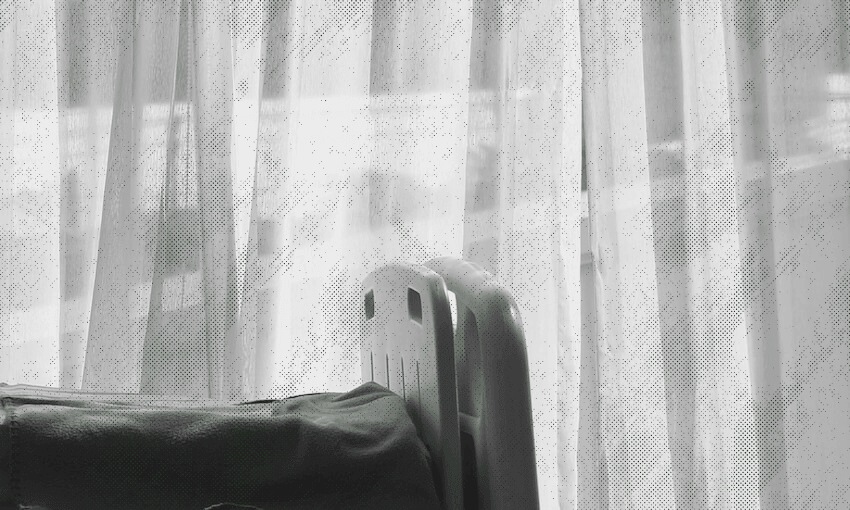As part of our series exploring how New Zealanders live and our relationship with money, a dentist explains where their money goes.
Want to be part of The Cost of Being? Fill out the questionnaire here.
Gender: Female.
Age: 31.
Ethnicity: New Zealand.
Role: Dentist, about to go on maternity leave.
Salary/income/assets: 2023-24 $146,000; 2024-25 projected $98,000.
My living location is: Urban.
Rent/mortgage per week: Mortgage $1272/fortnight, so $636/week – shared between my husband and I.
Student loan or other debt payments per week: Student loan has $35,819 remaining (down from a high of $98,500). Approximately $13000 repayment per year, so $250 a week.
Typical weekly food costs
Groceries: $90-100 per week at Pak’nSave, shared with husband.
Eating out: We tend to go out for dinner once per fortnight – $100 for that, but we try and use First Table where possible.
Takeaways: $20 pizza or fish and chips, usually once per month.
Workday lunches: Never, always bring in leftovers from home.
Cafe coffees/snacks: One solo cafe trip per week while at work ($6.70, decaf) and one cafe trip with husband on the weekend ($20 – two drinks and a scone/muffin).
Other food costs: $15/month on seeds/plants from garden centres.
Savings: $200 per fortnight into an account for extra mortgage repayments, $100 for emergency fund, anything extra into joint account with husband, $10 per week into new savings account for unborn daughter.
I worry about money: Sometimes.
Three words to describe my financial situation: Lucky, focused, nervous.
My biggest edible indulgence would be: Tajin, a Mexican chilli-lime salt from import stores.
In a typical week my alcohol expenditure would be: Currently, none. When not pregnant perhaps $10/week.
In a typical week my transport expenditure would be: $30 for petrol to and from work – I drive a fuel efficient Suzuki.
I estimate in the past year the ballpark amount I spent on my personal clothing (including sleepwear and underwear) was: $1,500.
My most expensive clothing in the past year was: A pink and white chequered dress from KILT, $159.
My last pair of shoes cost: $80 Adidas Advantage shoes on sale – had to size up due to my feet getting bigger in pregnancy!
My grooming/beauty expenditure in a year is about: Haircuts, 3-4 per year at $75 each. Makeup, approximately 4-6 mascaras at $20 each, and one Hawaiian tropic sunscreen each month (including winter) at $16 each. Total cost perhaps $800/year.
My exercise expenditure in a year is about: Two pairs of sneakers and one pair of leggings and a sports top per year – $350.
My last Friday night cost: $20 – brought food over to my sister’s for a potluck.
Most regrettable purchase in the last 12 months was: The aforementioned KILT dress. I didn’t realise it was see-through!
Most indulgent purchase (that I don’t regret) in the last 12 months was: A banana mirror from Simon Lewis Wards on sale for $1000. I had eyed it up for nearly a year and had a dedicated savings account for it. It makes me smile every time I see it in my house.
One area where I’m a bit of a tightwad is: Movies. I love going, but seeing the ticket cost (without food or drinks) top $20 recently means I rarely do it any more.
Five words to describe my financial personality would be: Conscientious, occasionally indulgent, spreadsheets, lucky.
I grew up in a house where money was: Available but used on “big” things rather than small (e.g. buying home brands at the supermarket). Had some great holidays which I will always remember with my family growing up; and my parents stressed the importance of paying off the mortgage as soon as possible.
The last time my Eftpos card was declined was: 2018, when I was a student at the supermarket.
In five years, in financial terms, I see myself: Working part-time, secure, ideally half of the mortgage paid off and with a 3-6 month emergency fund.
Describe your financial low: Starting my first job six years ago – not much money in the bank, monthly pay not due for another three weeks, and bond due for the rental house. Was a very tight three weeks with a lot of toast eaten in the staff room.
I would love to have more money for: Travel!
I give money away to: $10/week savings account started for future daughter, and “liquid gold” donations of plasma when possible.




